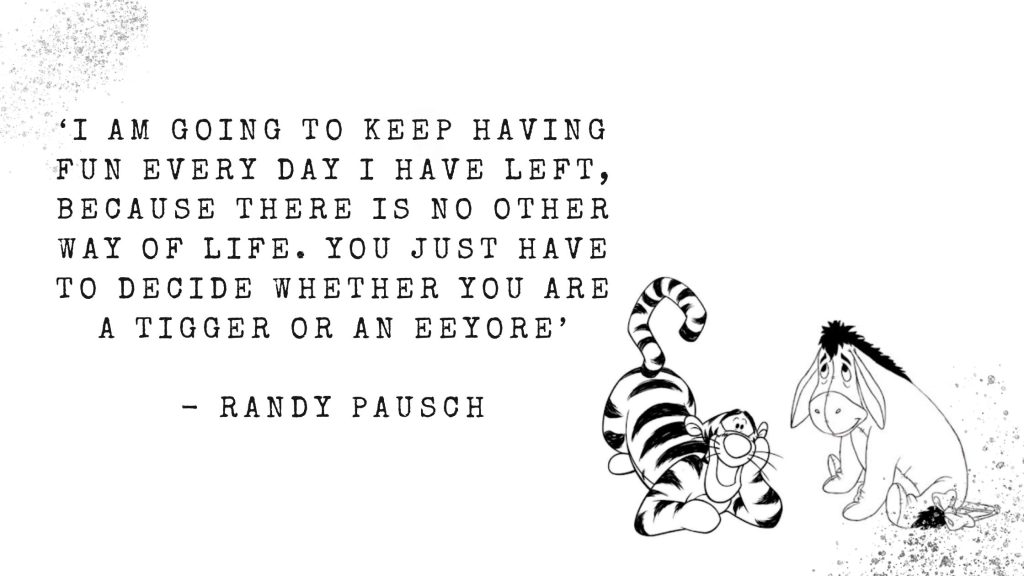| Getting your Trinity Audio player ready... |
Written by BISP Secondary Principal Neil Crossland
I once had a contentious conversation with a colleague concerning the word ‘fun’ and its relevance in relation to the process of learning. I was arguing that ‘fun’ is too often viewed as a simple or superficial concept, and that a lack of sophistication is the reason for it to be wrongly devalued and underrated with regards to impact. The return argument was that learning is often a ‘grind’ or a ‘necessary struggle’, and that in education we should not expect to yield such an enjoyable return.
Perhaps the concept of fun was misunderstood as humour, and that we should not expect teachers (given they are rarely funny people) to be comedians or entertainers in the classroom – to which I agree. In my view an educational definition of ‘fun’ should rather include words linked to fulfilment, enjoyment, and engagement in the learning process. There is a high level of research advocating for ‘play’ in early years education, and play and fun share similar characteristics – positive experiences that usually involve social interaction and creativity. I would also argue that ‘fun’ can be a profound emotional connectedness you experience as a student, specifically when learning is facilitated to stir the heart as well as the mind.
In 1986 I was sitting the last ever O Level examinations in the UK, and listening to the Smiths on my Sony Walkman (neither viewed as a fun experience today). At the same time Stephen Krashen, Emeritus Professor of Education at the University of Southern California, was studying language acquisition of second language learners. Krashen suggested that students have an innate ‘affective filter’, regulating their emotional state as a learner, which either facilitates or hinders effective learning – the weaker the filter, the more motivated, confident, and psychologically safe a student feels. Krashen advocates that fun engagement in learning activities, reduces a student’s affective filter and inevitably improves learning outcomes for them. Certainly, students in a fun learning experience rarely feel embarrassed, isolated, or fear being wrong.
Fun experiences can also be the most treasured, memorable or vivid. The small poignant moments in learning can be long lasting and stay with us forever. Of your own school experiences I predict that the ones you remember most fondly are those which had an element of fun attached. According to our Year 12 students, even Maths on a Friday afternoon can be fun (!)
‘My friends and I really look forward to Friday Maths lessons as the teacher plans it really well making sure to incorporate team Maths quizzes to increase motivation, and train our Maths skills whilst having fun with our peers’ – BISP Student Charlotte
‘By using fun interactive online resources to enrich my learning at school I feel like I’m more engaged and gain a better understanding of the content’ – BISP Student Imogen
Randy Pausch, was an inspiring educationalist at Carnegie Mellon University who became widely known for his ‘Last Lecture’, a talk he gave in September 2007 after he was sadly diagnosed with terminal pancreatic cancer. Pausch encouraged his audience to pursue their childhood dreams and never give up, even when faced with seemingly insurmountable challenges. It was a speech of hope and inspiration, and encouraged others to live a life of purpose and meaning with a positive attitude and sense of humour.
‘I believe that having fun and enjoying your classes is key to improvement as well as personal development and growth, giving me the motivation to study more and dive deeper into subjects’ – BISP Student Zhanna

‘I am going to keep having fun every day I have left, because there is no other way of life. You just have to decide whether you are a Tigger or an Eeyore’ – Randy Pausch
It is this sentiment that we bring to teaching and learning at BISP, and challenge those who favour a more humdrum learning experience. Quite simply, we never underestimate the importance of having fun.
References:
- Krashen, S. D. (1986). Principles and practice in second language acquisition. Oxford: Pergamon Press.
- A Beloved Professor Delivers The Lecture of a Lifetime at The Wall Street Journal, September 20, 2007
